Maximizing Accident Settlement for Lost Wages Compensation
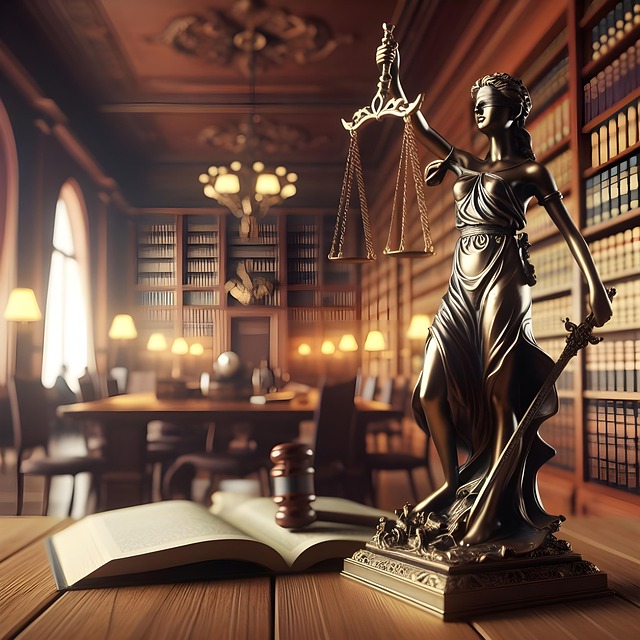
An accident settlement is a vital component of personal injury claims, offering compensation for los…….
In the complex landscape of personal injury law, accident settlement stands as a critical process, offering individuals a means to find resolution and receive compensation after a mishap or traumatic event. This comprehensive article aims to unravel the intricate world of accident settlements, providing an in-depth understanding of its various facets, global implications, and the impact it has on victims’ lives. By exploring historical foundations, economic influences, technological innovations, and regulatory frameworks, we will uncover the significance of this process and its evolving role in society.
Accident settlement is a legal mechanism that facilitates an out-of-court agreement between parties involved in a civil lawsuit arising from an accident or injury. It involves negotiations, mediation, or alternative dispute resolution (ADR) techniques to arrive at a mutually acceptable resolution without lengthy litigation. The primary goal is to provide a swift and cost-effective way for victims to access compensation for their physical, emotional, and financial damages.
Historically, traditional litigation was the primary means of seeking justice after an accident. However, as legal systems recognized the time and expense associated with court battles, alternative methods emerged. Accident settlement gained prominence as a more efficient and collaborative approach, allowing both parties to avoid the rigors of trial while ensuring a fair outcome for the victim.
Core Components:
The concept of accident settlement has transcended geographical boundaries, yet its application and effectiveness vary significantly across the globe. Let’s explore some key trends and regional influences:
| Region | Accident Settlement Practices | Unique Considerations |
|---|---|---|
| North America | Known for its robust legal systems, with a strong emphasis on litigation. However, alternative dispute resolution is increasingly popular, especially in personal injury cases. | Strict liability laws in product liability cases encourage settlement, as plaintiffs can seek significant damages without proving negligence. |
| Europe | Many European countries favor mediation and conciliation, emphasizing the collaborative nature of dispute resolution. The EU’s regulations promote cross-border accident settlements. | In the UK, the Civil Procedure Rule 45 encourages early case assessment and settlement discussions to reduce court costs. |
| Asia Pacific | A mix of traditional litigation and alternative methods, with rapid economic growth driving the need for efficient dispute resolution. | China has seen a rise in online platform-based accident settlements, offering speed and accessibility. |
| Middle East | Settlement practices vary, with some countries adopting Western models while others maintaining traditional legal systems. | In the UAE, Islamic law influences settlement agreements, focusing on restorative justice. |
| Latin America | Often characterized by lengthy court processes, leading to a growing interest in ADR. | Brazil’s legal system has introduced online platforms for accident settlements, streamlining the process. |
These regional variations highlight the diverse nature of accident settlement practices, shaped by cultural, economic, and legal factors. The global trend, however, leans towards recognizing the benefits of alternative dispute resolution in reducing case backlogs and promoting efficient justice delivery.
Accident settlements have significant economic implications, influencing both individuals’ financial well-being and national economies. Here’s a closer look:
Technology has played a pivotal role in revolutionizing accident settlements, enhancing efficiency and accessibility:
These technological innovations have the potential to reshape the future of accident settlements, making them faster, more efficient, and accessible to a wider range of individuals.
Government policies and legal frameworks play a crucial role in governing accident settlements, ensuring fairness and consistency:
Despite its advantages, accident settlement faces several challenges and criticisms that hinder its effectiveness:
Strategies for Improvement:
Let’s delve into a few case studies that illustrate successful accident settlement outcomes and the lessons learned:
Case 1: The Bus Accident Settlement in New York City:
A bus company faced multiple personal injury claims after a collision caused by a mechanical failure. Using an online settlement platform, they negotiated individual agreements with passengers, ensuring quick compensation while reducing administrative costs. This case demonstrated the effectiveness of digital tools in streamlining large-scale settlements.
Case 2: Product Liability Settlement in Japan:
A leading electronics manufacturer settled thousands of product liability claims related to a faulty smartphone battery. Through mediation, they reached a comprehensive agreement, providing substantial compensation to affected consumers. This successful outcome highlighted the importance of proactive settlement strategies and consumer satisfaction.
Case 3: Cross-Border Accident Resolution in Europe:
A German tourist suffered injuries during a vacation in France due to a restaurant slip-and-fall incident. The case involved cross-border legal complexities. Thanks to a well-established EU regulation on accident settlements, the victim received compensation without facing extensive litigation in multiple jurisdictions.
The future of accident settlement looks promising, with several emerging trends and growth areas shaping its trajectory:
Accident settlement is a vital process that bridges the gap between trauma and justice, offering individuals a path to recovery and compensation. From its historical foundations to modern technological advancements, this mechanism has evolved to meet the demands of a changing world. As global trends continue to shape legal practices, accident settlement will remain a dynamic and essential aspect of personal injury law.
By understanding its core components, global impact, economic considerations, and future prospects, we can appreciate the significance of efficient and effective settlement processes. Overcoming challenges and criticisms through policy reforms and technological innovations will ensure that accident settlements serve the best interests of victims while fostering a more accessible and just legal system.
Q: What is the difference between accident settlement and traditional litigation?
A: Accident settlement involves out-of-court negotiations or ADR, aiming for a swift resolution. Litigation, in contrast, is a formal court process where a judge or jury determines the outcome after hearing both sides’ arguments. Settlement offers a more efficient, cost-effective alternative to lengthy trials.
Q: How do I know if an accident settlement is right for me?
A: Accident settlements are suitable when all parties agree that a fair resolution can be reached without prolonged litigation. Consider factors like the complexity of your case, available evidence, and the potential benefits of a quicker, more accessible process. Consulting with a legal professional can provide valuable guidance.
Q: Can technology really enhance accident settlement processes?
A: Absolutely! Technology offers numerous advantages, including streamlined document management, efficient data analysis for claim assessment, and enhanced security through blockchain for recording agreements. Online platforms make the process more user-friendly, accessible, and often faster than traditional methods.
Q: What happens if I am offered a settlement but disagree with the terms?
A: If you reject an offered settlement, it returns to negotiations or ADR. Your attorney will advocate on your behalf to achieve a better outcome. If unsuccessful, you may proceed to litigation, which could result in a longer, costlier process and a less certain outcome.
Q: Are there any risks associated with accident settlements?
A: While settlements offer benefits, there are potential risks too. These include accepting an unfair offer, the possibility of future medical expenses not being covered, and the impact on insurance rates. It’s crucial to seek legal advice to ensure your rights are protected throughout the process.

An accident settlement is a vital component of personal injury claims, offering compensation for los…….

Slip and fall accidents caused by hazardous conditions can lead to serious injuries and financial st…….
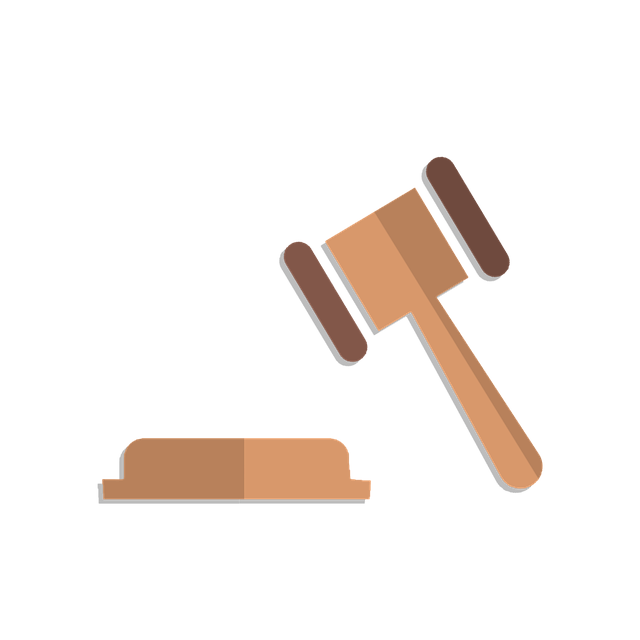
After a workplace accident, understanding your rights and navigating the complex process for an acci…….
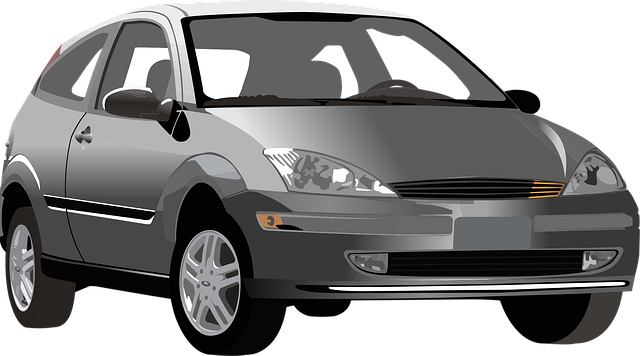
Understanding time limits for accident settlement negotiations is crucial due to varying statutes of…….
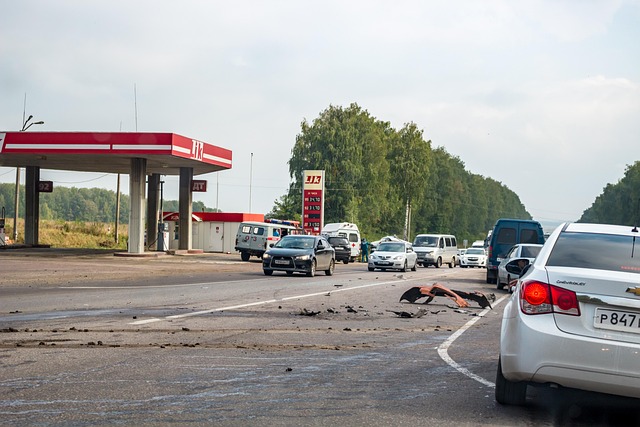
Accident Settlement Delays: Navigating Common Causes and SolutionsDelay in personal injury accident…….
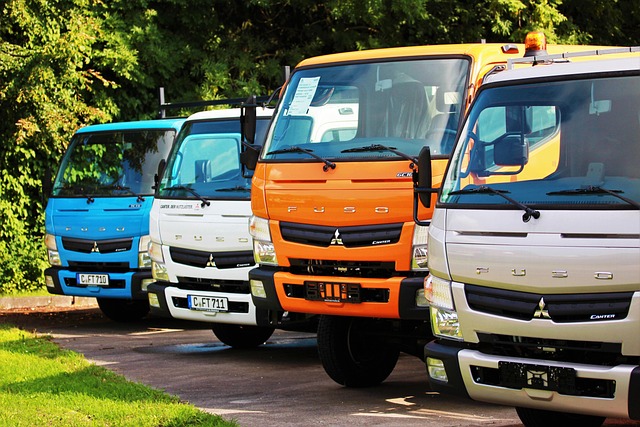
In accident cases, especially involving elder abuse or nursing home neglect, pain and suffering dama…….

An accident settlement is a crucial aspect of personal injury law, providing financial redress for v…….

Comparative fault is a legal principle that divides responsibility and damages in personal injury ca…….
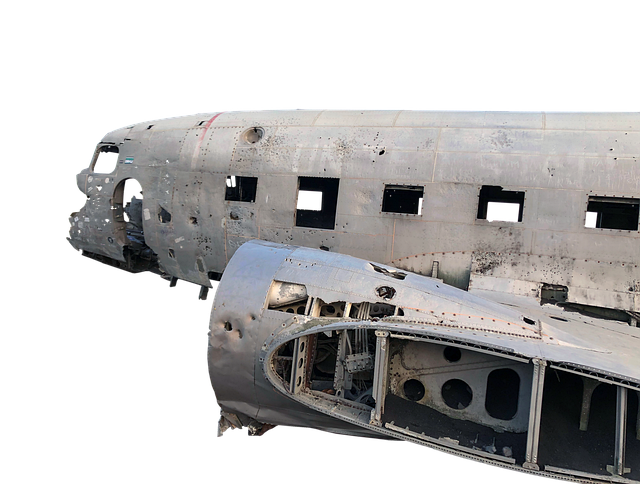
Accurate fault assessment and liability determination are crucial for fair accident settlement negot…….

Minor accidents can lead to significant injuries with long-lasting effects on mobility and daily lif…….